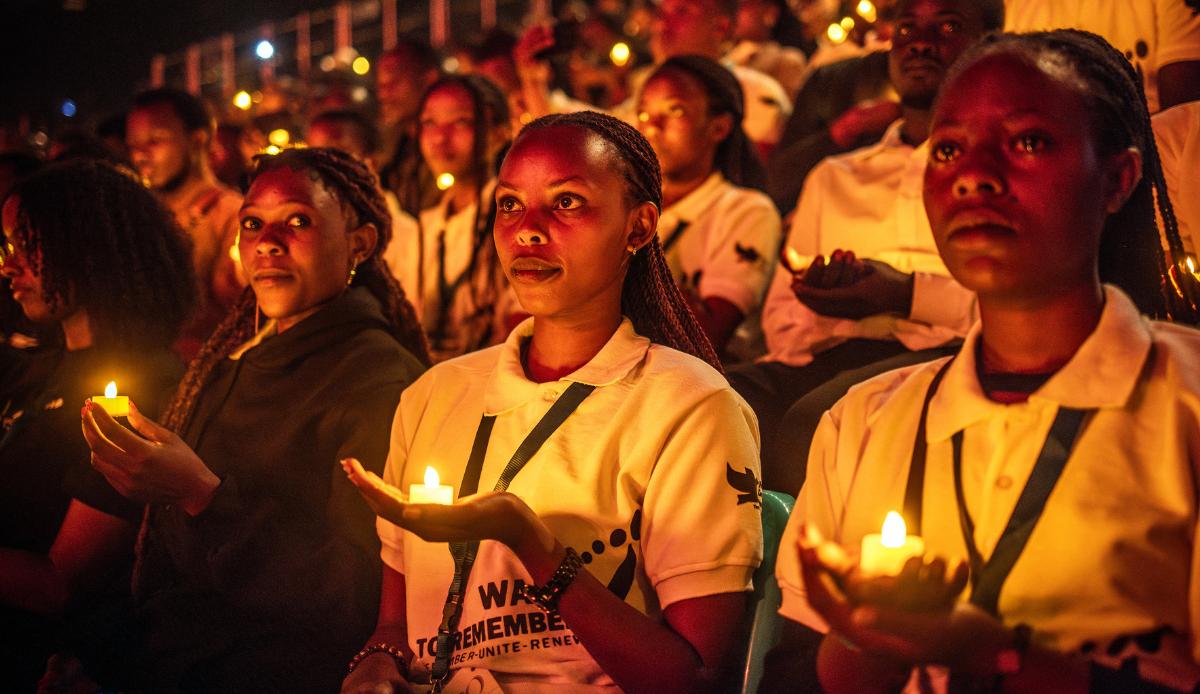
Rwanda's President Paul Kagame criticizes world community for failing his nation during 1994 genocide, which killed 800,000 people
Paul Kagame, the president of Rwanda, chastised the world community on Sunday, saying that it had "failed" his nation during the genocide that killed 800,000 people in 1994. At a ceremony in Kigali commemorating the massacre's 30th anniversary, Kagame said these things in remembrance of the victims, who were primarily Tutsis but also some moderate Hutus.
"Rwanda was completely humbled by the magnitude of our loss. And the lessons we learned are engraved in blood," Kagame said. He criticized the world community for its inaction or cowardice and stressed its part in the genocide's inability to be stopped. African leaders of state and former US president Bill Clinton, who had earlier called the genocide his administration's worst failure, were present at the occasion.
The Kigali Genocide Memorial served as the venue for the memorial, which featured customary practices including lighting a remembering flame and placing wreaths on mass graves. Thousands of people lit candles in remembrance of the dead while a choir sang.
Under Kagame's direction, Rwanda has recovered from the genocide with notable progress, albeit the Great Lakes area of Africa still bears the wounds of the conflict.
In a video address, French President Emmanuel Macron reaffirmed that France was complicit in the genocide but refrained from offering a formal apology. Macron cited his earlier remarks from May 2021 in which he expressed remorse for France's failure to intervene when there were warnings of oncoming murders.
The killing of Hutu President Juvenal Habyarimana on April 6, 1994, set off a wave of widespread violence carried out by "Interahamwe" militia members and Hutu extremists, which in turn sparked the genocide. The media's propagation of anti-Tutsi propaganda enabled the victims to suffer savage executions. Numerous rapes occurred in the aftermath, affecting at least 250,000 women.
Since then, Rwanda has created community tribunals and shrines to confront the memory of the genocide. Notably, genocide education is taught in schools, and ethnicity is no longer indicated on ID cards in the nation.
In Rwanda, public entertainment and sporting events are halted during the remembrance, which also marks the beginning of a week-long national mourning during which flags are flown at half-mast. Since hundreds of suspects are still at large, the nation is still working to bring those responsible to justice. Numerous people connected to the genocide have been prosecuted in France and found guilty.
Source: AFP